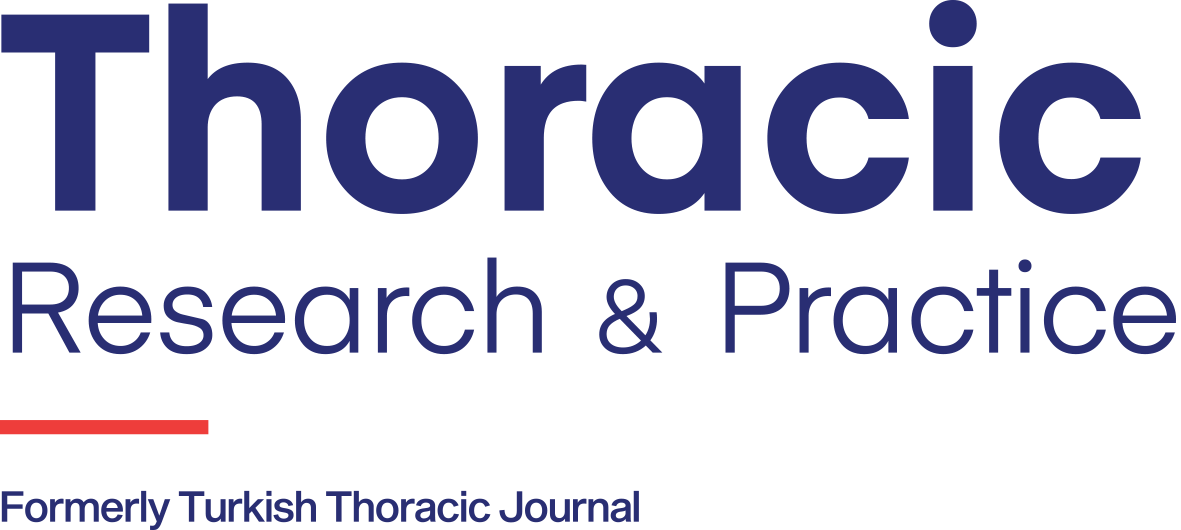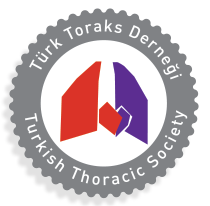Abstract
We aimed to find out effectiveness of out-patient based smoking cessation by the personalized clinicians guidance and to analyze smoking related and other habitual factors which may help to predict the success of quitting smoking.
Materials and Methods:
151 patients (61 women and 90 men, 52.9 ±11.4 years old), who were current smokers, were recruited from the outpatient department for a two months period. We gave just brief information about 5 minutes to 30 patients (group-1), randomly we gave extra information and booklet about 30 minutes to 56 patients (group-2), 21 patients wanted to use nicotine replacement therapy and 14 patients wanted to use bupropion as total 35 patients used pharmacotherapy (group-3) and another 30 patients wanted to get help from our psychologist about intensive cognitive behavior therapy besides pharmacotherapy as a part of our smoking cessation unit’ program (group-4). We called these patients at the end of the first month and at end of first year.
Results:
The percentage of success rates for complete abstinence at the end of firsth year for groupl, 2,3 and 4 were, 3.3,10.7,25.7 and 30 % respectively. The intensity of smoking history, smokers' wish to take help and smokers' motivation were found as a predictive for the success of quitting.
Conclusion:
One in every six patients could remain abstinence at the end of the first year with their clinician's guidance. Clinicians can influence their patients to quit smoking so every clinician should spend more time on that issue.



